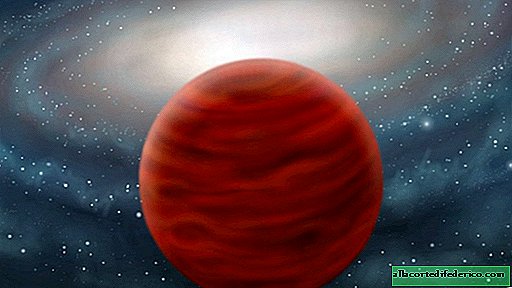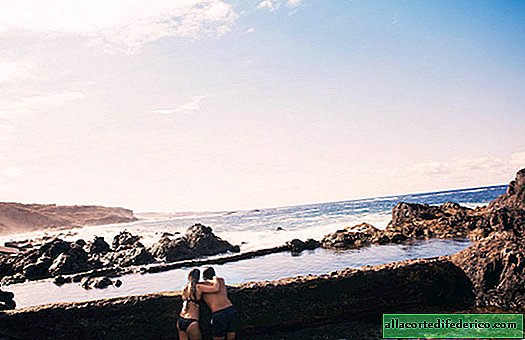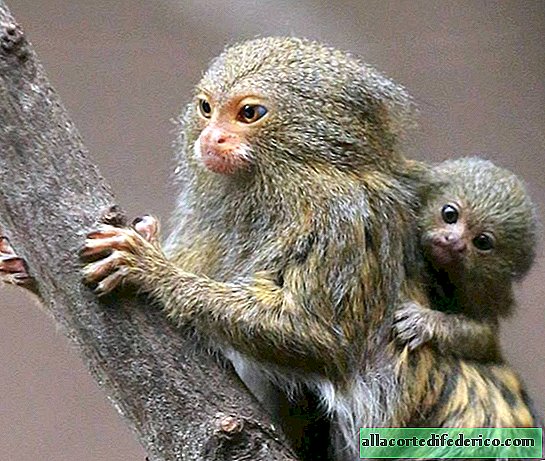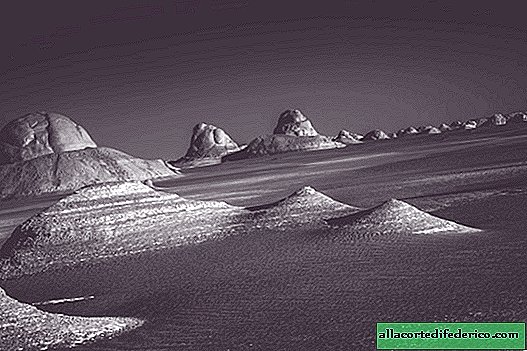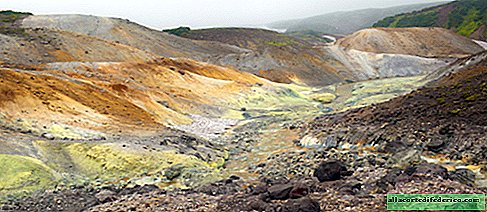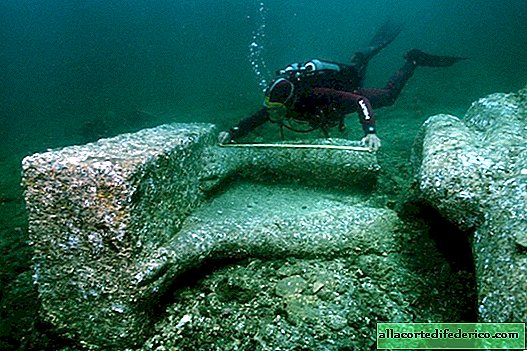Some of the works published in Science and Nature turned out to be fiction by scientists
Scientific publications such as Science and Nature enjoy great authority in the English-speaking world and regularly publish on their pages the work of scientists from different countries. But experts from the Center for Open Science say that most scientific research from a wide range of fields cannot be confirmed. Are scientists engaged in falsification of data for the sake of publishing and conferring scientific titles, wishful thinking or exaggerating indicators in order to give significance to their discoveries?

The Open Science Center, Virginia, regularly reviews and repeats science experiments published in Science and Nature. To do this, they study materials in detail and copy exactly those experiments that the authors describe in their articles. It is logical that in the end they should get a similar or as close as possible to the original result. But in reality, everything turns out to be completely wrong.
In a recent study, center experts selected 21 publications for verification. But, alas, only 13 of these scientific works they managed to reproduce, and the results obtained were also far from declared. It turns out that authoritative publications annually publish scientific works, the results of which cannot be relied on, and they can no longer be fully considered scientific. And this despite the fact that publications for these publications are subject to strict selection, and editorial materials that are questionable in the opinion of the editor are not allowed for publication.

It is worth noting that this is not the first case of the identification of "scientific falsification". Three years ago, the specialists of the same center were able to reproduce only 11 experiments in economic areas out of 18 selected for analysis, and their result was also far from declared.




